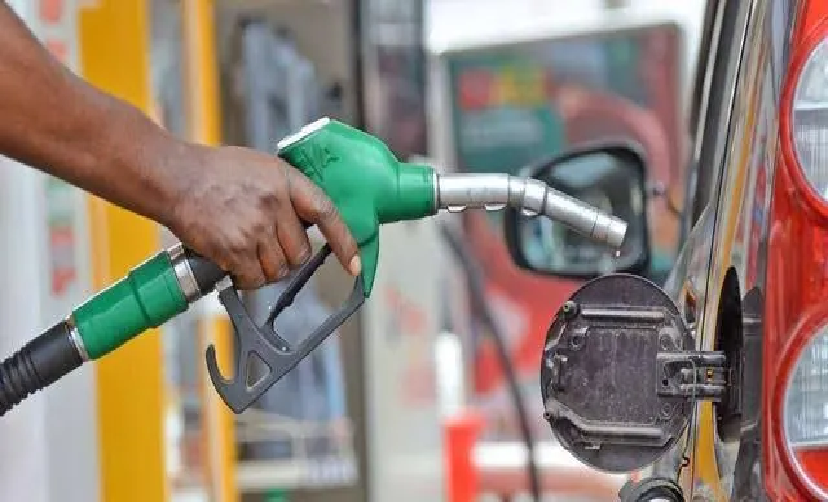By Punch Editorial Board
With Nigerians still grappling with soaring prices, deep economic uncertainty, and widespread hardship, the introduction of a 5.0 per cent surcharge on locally produced and imported petrol and diesel set to take effect from January 1, 2026, under the new tax law, is not only untimely but fundamentally unjust.
Since President Bola Tinubu removed the petrol subsidy on his Inauguration Day (May 29, 2023), coupled with the subsequent devaluation of the naira, ordinary Nigerians have faced relentless inflation.
Food and transportation costs have skyrocketed, with high inflation affecting everything from medical expenses and school fees to telecom services and electricity tariffs.
For a population already stretched to its limits, any further increase in petroleum product prices is nothing short of rubbing salt into an open wound.
Since May 2023, petrol prices have risen fivefold, and the naira has lost over 60 per cent of its value against the US dollar under Tinubu’s economic reforms. As of July 31, petrol averaged N900 per litre nationwide, compared with N187/pl before Tinubu took office.
With this new levy, household budgets, already decimated by the high costs of petrol and diesel that influence everything from the price of beans to bus fares, will be crushed even further.
Therefore, it must be expunged from the tax act.
Fuel marketers, drivers, farmers, and even human rights advocates have sounded the alarm that another tax on petrol will directly lead to higher transport and commodity costs, worsening the daily hardships faced by millions.
The Federal Government’s argument that the surcharge will boost non-oil revenue and promote fiscal sustainability rings hollow, given the severe toll this policy will take on families, small businesses, and the working poor.
The Tinubu administration’s focus on revenue generation, seemingly indifferent to the struggles of ordinary people, borders on cruelty.
The government claims it has saved about $600 million monthly, and allocations to states have increased by 40 per cent annually since 2023 due to the fuel subsidy removal. So why are Nigerians being taxed further? This defeats the purpose of the tax reforms to reduce the incidence of multiple taxation.
While the government projects a N796 billion windfall from this surcharge, it comes at the expense of consumers already suffocating under high inflation, food insecurity, and rising transportation costs.
The rationale that these taxes promote fiscal sustainability is weak, especially considering that recent tax reforms were designed to broaden compliance, close revenue leaks, and expand the tax base.
As these reforms take effect, there is simply no moral or practical justification for imposing an additional direct tax on essential items like transport fuel.
For an administration that claims “renewed hope” as its central theme, this insensitive new tax is a betrayal of that promise.
As Akintade Abiodun, National Chairman of the Joint Drivers Welfare Association, aptly puts it, the government is using Nigerians as “lab rats” for unpopular economic decisions.
If the government truly wants to raise more revenue from the oil sector, it should answer persistent calls for accountability, enforce fiscal discipline, and plug systemic leakages within the NNPC.
It should focus on boosting oil production, selling the bankrupt refineries, and investing in gas gathering, processing facilities, and pipelines to enhance sector performance and profitability. The answer is not to shift the burden onto ordinary citizens under the guise of reform.
Recommendations for digital tracking, transparent pricing, and robust oversight to improve efficiency in the oil downstream sector must not be overlooked in favour of the easier path of squeezing Nigerians to the bone.
Imposing this new tax at a time when citizens are already reeling from multiple economic shocks reveals a leadership tone-deaf to the suffering of the people.
Revenue generation cannot come at the expense of social justice. Fiscal reforms should aim to uplift, not further impoverish, the very citizens the government is meant to serve.
This petrol tax should be shelved until the economy and its people have genuinely recovered. To do otherwise is not just bad policy, it is patently unfair.













